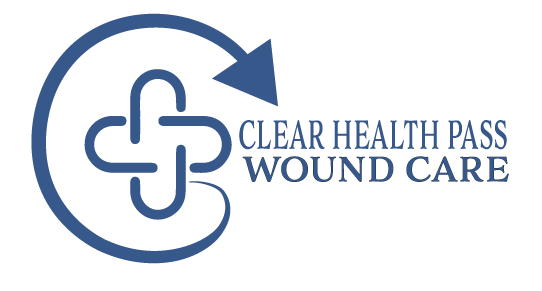Bioengineered Skin Substitute Allograft, Collagen-Infused (1 Layer)
Bioengineered Skin Substitute Allograft
Collagen-Infused (1 Layer)
Product Description:
This bioengineered skin substitute is composed of high-purity Type-I collagen, specifically designed for wound management. It is an acellular dermal replacement that supports tissue regeneration by promoting blood vessel growth and cell migration. Highly bioactive and conducive to wound closure, this skin substitute is an effective solution for a wide range of wound types, including diabetic ulcers, trauma wounds, and surgical wounds. Its unique properties include its ability to be resorbed by the body and its compatibility with Negative Pressure Wound Therapy (NPWT).
Key Features:
-
- High-purity Type-I collagen, free of immunogenic proteins, lipids, and elastin.
- Made in the USA, ensuring top-tier quality.
- No preparation required; ready for use without washing or special handling.
- Long shelf life of up to 3 years at room temperature, reducing storage costs.
- Promotes faster healing, with cell migration and tissue regeneration occurring within 4-5 days.
- Can be secured with sutures or staples and used with NPWT for enhanced healing of complex wounds.
Available Sizes:
- 1.27 cm dia disc
- 2.54 cm dia disc
- 2.03 cm x 4.06 cm
- 3.05 cm x 4.06 cm
- 4.06 cm x 4.06 cm
- 5.08 cm x 5.08 cm
- 5.08 cm x 10.16 cm
Ideal Use Cases / Application Categories:
- Chronic and Diabetic Wounds / Ulcers:
- Diabetic Foot Ulcers
- Venous Leg Ulcers
- Pressure Ulcers (Bedsores)
- Trauma Wounds:
- Lacerations, Abrasions, Skin Tears
- Second-Degree Burns
- Donor Sites/Grafts
- Post-Mohs’ Surgery
- Post-Laser Surgery
- Surgical Wounds:
- Podiatric Procedures
- Wound Dehiscence
Additional Information:
- Provides a natural scaffold for cell attachment and neovascularization, aiding in rapid wound closure and regeneration.
- Compatible with Negative Pressure Wound Therapy (NPWT) for wounds with excessive exudate.
- Bioresorbable and indicated for treating tunneling and undermining wounds.
- Cost-effective, reducing treatment costs by over 40% due to its accelerated healing process and fewer applications per patient.

